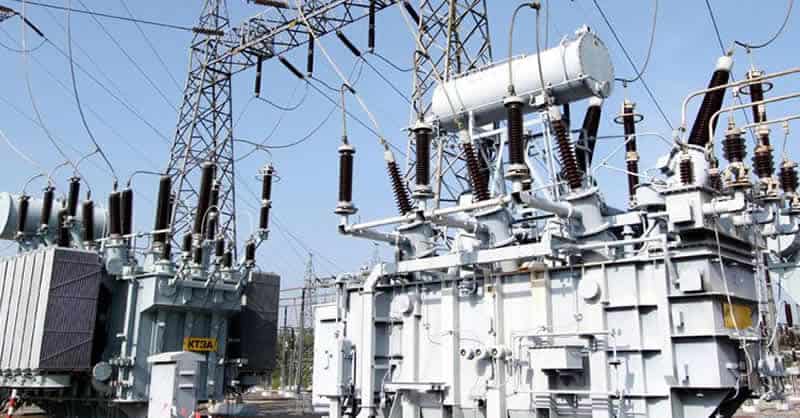 Nigeria’s national power grid has collapsed 105 times over the past decade, raising serious concerns about the reliability of the energy sector despite receiving $1.4 billion in loans aimed at improving infrastructure. The recurrent grid failures have plunged various parts of the country into darkness, disrupting economic activities and leaving millions frustrated.
Nigeria’s national power grid has collapsed 105 times over the past decade, raising serious concerns about the reliability of the energy sector despite receiving $1.4 billion in loans aimed at improving infrastructure. The recurrent grid failures have plunged various parts of the country into darkness, disrupting economic activities and leaving millions frustrated.According to data from the Transmission Company of Nigeria (TCN) and industry reports, these frequent collapses—categorized as either “total” or “partial”—highlight the persistent challenges facing the sector. Efforts to upgrade transmission lines, substations, and infrastructure through international loans and partnerships have yet to yield the desired results.
Impact of Grid Failures on the Economy
The grid collapses have had severe economic implications, with businesses, industries, and households heavily reliant on backup generators. Analysts estimate that power disruptions cost the Nigerian economy billions of naira annually, stifling productivity and increasing the cost of living.
“The frequent grid collapses are an indication that investments have not been properly managed or implemented,” said energy expert Bode Akinola. “We need more transparency in how these funds are deployed.”
Breakdown of the $1.4 Billion Loans
Over the past decade, Nigeria has secured substantial financial support from institutions such as the World Bank, the African Development Bank (AfDB), and the French Development Agency (AFD) to revamp its power sector. However, industry insiders argue that the funds have been poorly utilized due to mismanagement, corruption, and bureaucratic bottlenecks.
Despite the loans, power generation remains inconsistent, with transmission capacity failing to keep pace with demand. TCN officials have often blamed grid failures on technical issues such as line faults, poor maintenance, and system overloads.
Calls for Reform and Accountability
Stakeholders in the power sector are calling for urgent reforms and greater accountability to prevent further financial waste. “The loans were intended to stabilize and expand the grid, but the current situation shows that there’s been little progress,” said one energy consultant.
The Federal Government has recently introduced policies to attract private sector participation, but experts insist that structural changes—especially in transmission—are crucial for long-term stability. There are also demands for a full audit of the sector to track how the loans have been utilized and to prevent further misuse of funds.
What Lies Ahead?
As the nation prepares for new investments in renewable energy and off-grid solutions, citizens are growing increasingly impatient with the grid’s instability. Addressing these power challenges is critical if Nigeria is to achieve its economic development goals.

For more updates on Nigeria’s energy sector and economy, follow VOP News.
SOURCE: PUNCH

